I have a love hate relationship with plastic. It helps saves lives as plastic is found in bike helmets and airbags. It keeps our food safe and fresh. Plastic is found in our cell phones and televisions. Plastic packaging helps lighten loads for transportation reducing carbon emissions and saving fuel.
But there is a downside to plastic. We use a lot of it and it’s difficult to recycle. Globally, we produce about 400 million tons of plastic each year and only 10-13% of it gets recycled worldwide. Just in the U.S. alone, 500 million plastic straws gets used daily. What makes matters worse is the average supermarket plastic bag can take up to 1,000 years to break down.
9 million tons of litter (most of it plastic) ends up offshore and it is estimated by 2050, there could be more plastic than fish in our oceans. Since plastic is ending up in our waters, marine life is ingesting it and now plastic has become part of our own food chain. According to the Environmental Investigation Agency, microplastic fragments have even been found in beer from 12 U.S. breweries because microplastic is found in the water used to make beer.
Right now, recycling plastics is just grinding it into smaller pieces and then it is reconstituted into lower quality plastic. But researchers from the National Renewable Energy Laboratory is finding a new recycling program for plastics; biologically breaking down plastics through the use of microorganisms to the plastic’s original building blocks to make new materials that are more valuable than the original product. These new materials could be manufactured into wind turbines and auto parts. This research can help companies that use plastic to create better products while helping to save the planet. If these scientists succeed, we will be able to coexist with plastic and keep recycling it into something useful.
I am hopeful we will continue to find such innovative ways to recycle plastic and keep it out of our waterways and oceans.
Want to learn ways to reduce your plastic intake? Click here.
Learn how Seattle became the first U.S. city to ban straws here.
Want to make an impact locally? Contact your state senator and/or representative here to voice your concern over single use plastic in your area.
References:
Popular Science, Summer 2019


